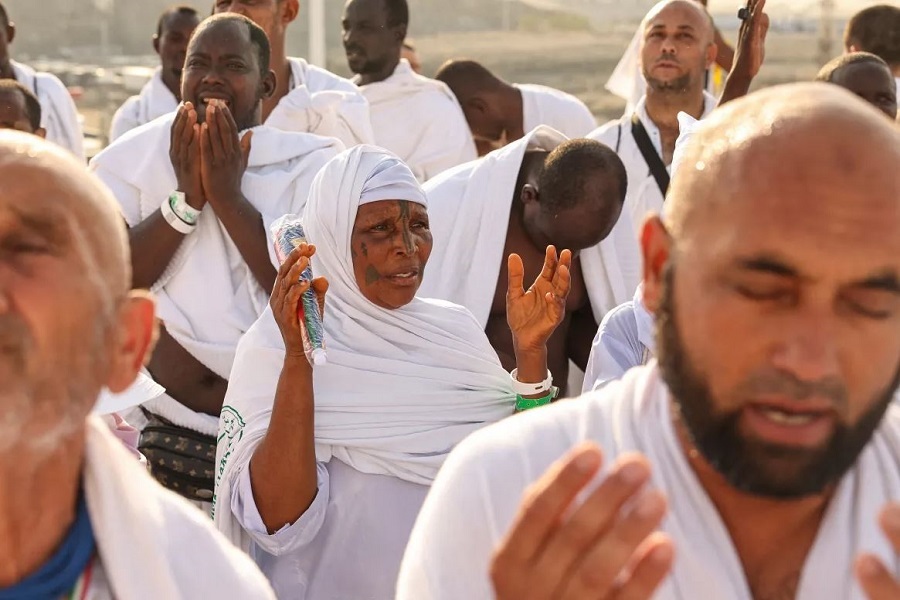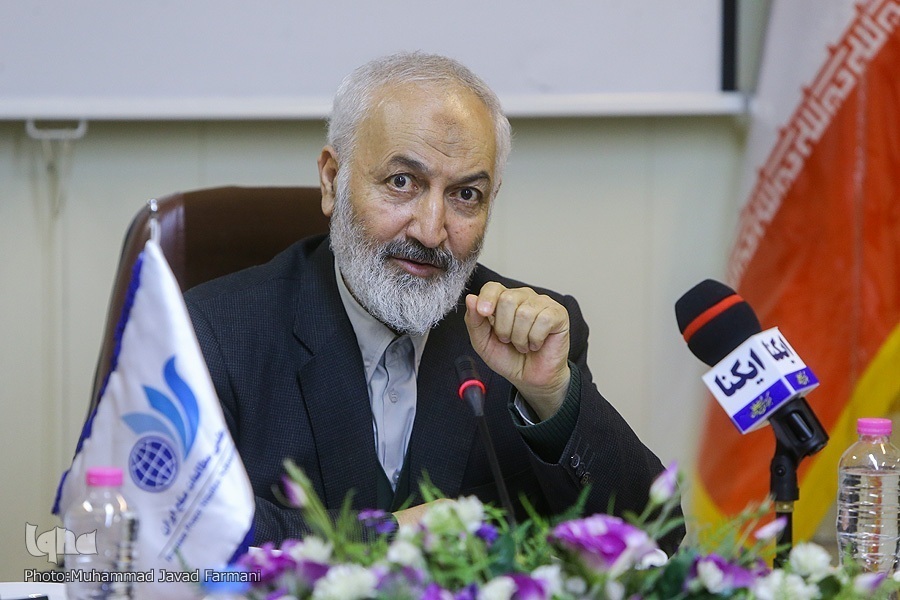An Expert View: Understanding True Sacrifice in Hajj Pilgrimage

Speaking to IQNA, Ismail Mansouri Larijani, a scholar of religious studies and university lecturer, elaborated on the essence of the Hajj pilgrimage and the act of sacrificing. What follows is a summary of his remarks.
One of the miracles of Prophet Ibrahim (AS) was the event of sacrificing his son, Ismail (AS). Hazrat Ibrahim dreams of sacrificing his son. According to the Holy Quran, he said: “‘My son! I see in dreams that I am sacrificing you. See what you think.’ He said, ‘Father! Do whatever you have been commanded. If Allah wishes, you will find me to be patient.’” (Surah As-Saffat, verse 102)
In this dialogue, we witness the essence of monotheism. Prophet Ibrahim never questioned the authenticity of his dream, and Prophet Ismail did not resist his father’s divine mission, fully embracing it instead.
Thus, the act of surrendering is tantamount to performing the deed itself. This is why, although Prophet Ismail was not sacrificed, he earned the title “Zabihullah” because he willingly accepted the reality of sacrifice, and this acceptance is significant. These insights help us grasp the profound meanings embedded in the rituals of the Abrahamic Hajj.
Read More:
The subsequent verse illustrates: “So when they had both surrendered [to Allah’s will], and he had laid him down on his forehead,” indicating that upon their submission to God’s will, no matter how hard he tried, the knife would not cut. Ibrahim repeatedly sharpened the blade, yet it remained blunt.
It was at this moment that the divine call came: “‘O Ibrahim! You have indeed fulfilled your vision!” It was made known to Prophet Ibrahim that their duty was complete and their submission acknowledged. “Thus indeed do We reward the virtuous! This was indeed a manifest test.’”

The essence conveyed by these verses is one of submission: to surrender one’s soul to God. When one yields to God, they do not succumb to worldly desires.
Hence, the core of sacrifice during pilgrimage is for believers to sacrifice their personal whims and wishes. In relinquishing these desires, one truly becomes a true Hajj pilgrim.
Imam Ali (AS) teaches us: "Every prayer is an altar." This signifies that when one initiates prayer with "Takbir Al-Ihram," they are declaring that all but God is forbidden to them. As they proclaim "Allahu Akbar," it's as if they are sacrificing everything that distracts from God.
Read More:
Thus, a devout individual must lay aside their personal desires with each prayer, a practice emphasized annually during the Hajj. If a pilgrim returns from Hajj free from the influence of worldly desires, they should be grateful for their accepted sacrifice. Otherwise, the ritual slaughter of a sheep is merely symbolic.
4221782



